

The First Cannabis Café Opens in the U.S.—And Why Canada Still Doesn’t Have One
When Portland, Oregon opened its first cannabis café, it made international headlines. For the first time, Americans with valid medical marijuana prescriptions could gather, medicate, and socialize in a safe, controlled setting. It marked a cultural shift—one that seemed to echo the coffee shop model Amsterdam pioneered decades earlier.
Amsterdam’s cannabis cafés had long been the global symbol of tolerance. Tourists from around the world flocked to smoke a joint with their espresso, making the city synonymous with relaxed cannabis culture. But as the Netherlands begins to tighten restrictions—barring tourists from some coffee shops and enforcing stricter local controls—Canada, a nation that fully legalized cannabis in 2018, still hasn’t opened its doors to legal lounges or cafés of its own.
Despite leading the world in cannabis regulation, Canada remains cautious when it comes to public consumption. The Cannabis Act allows Canadians to buy, grow, and possess cannabis, but smoking or vaping it is banned anywhere tobacco use is prohibited—meaning virtually all public indoor spaces, patios, and most parks. Provinces like Ontario restrict use to private residences, which leaves renters, condo dwellers, and tourists without a legal or comfortable place to consume.
The idea of cannabis lounges or coffee shops has been floated in cities like Toronto and Vancouver, but government approval has yet to materialize. Health Canada’s hesitation largely stems from concerns about second-hand smoke exposure and ventilation standards, while municipalities must also navigate zoning and licensing complexities. For now, some private events and “cannabis-friendly” spaces operate in grey zones—serving CBD drinks or accessories but not allowing on-site consumption.
Many advocates, especially those working with medical cannabis patients, argue that safe indoor consumption spaces should be a priority. For some patients managing chronic pain, PTSD, or Crohn’s disease, inhalation is the fastest and most effective method of relief. However, without legal lounges, even authorized patients struggle to medicate safely outside their homes. Compassionate access should include spaces designed for medical use, supervised and supported by trained cannabis patient educators and knowledgeable professionals.
The path Canada has chosen emphasizes safety and patient empowerment over social experimentation. Through the Access to Cannabis for Medical Purposes Regulations (ACMPR), Canadians can apply for a personal grow licence, allowing them to cultivate their own medicine under Health Canada’s guidance. This system ensures patients maintain consistent access to the strains and cannabinoid profiles that best meet their therapeutic needs.
Veterans have also played an important role in shaping Canada’s medical cannabis landscape. Through initiatives like Grow Vets, many have found relief from PTSD and chronic pain, supported by compassionate doctors and educators who help them navigate the medical cannabis process safely.
While the U.S. and Europe experiment with cafés and consumption spaces, Canada’s medical system continues to evolve toward education, safety, and autonomy. Whether you’re seeking a medical cannabis prescription in Toronto or exploring how to get a medical marijuana card in Ontario, the right guidance makes all the difference.
At GrowLegally, we help patients across all provinces obtain their Medical Cannabis Grow Licence or authorization, connect with supportive doctors, and gain access to reliable care. Cannabis lounges may still be on the horizon—but compassionate, legal access to medical cannabis in Canada is already here.
Previous Post
Next Post

Storing Medical Cannabis – Learn how to properly store your cannabis and keep its potency strong.
Go To Post
Before Acquiring Medical Marijuana, Here Are 2 Questions That Your Doctor Is Likely To Ask You (Plus a Bonus One!)
Go To Post
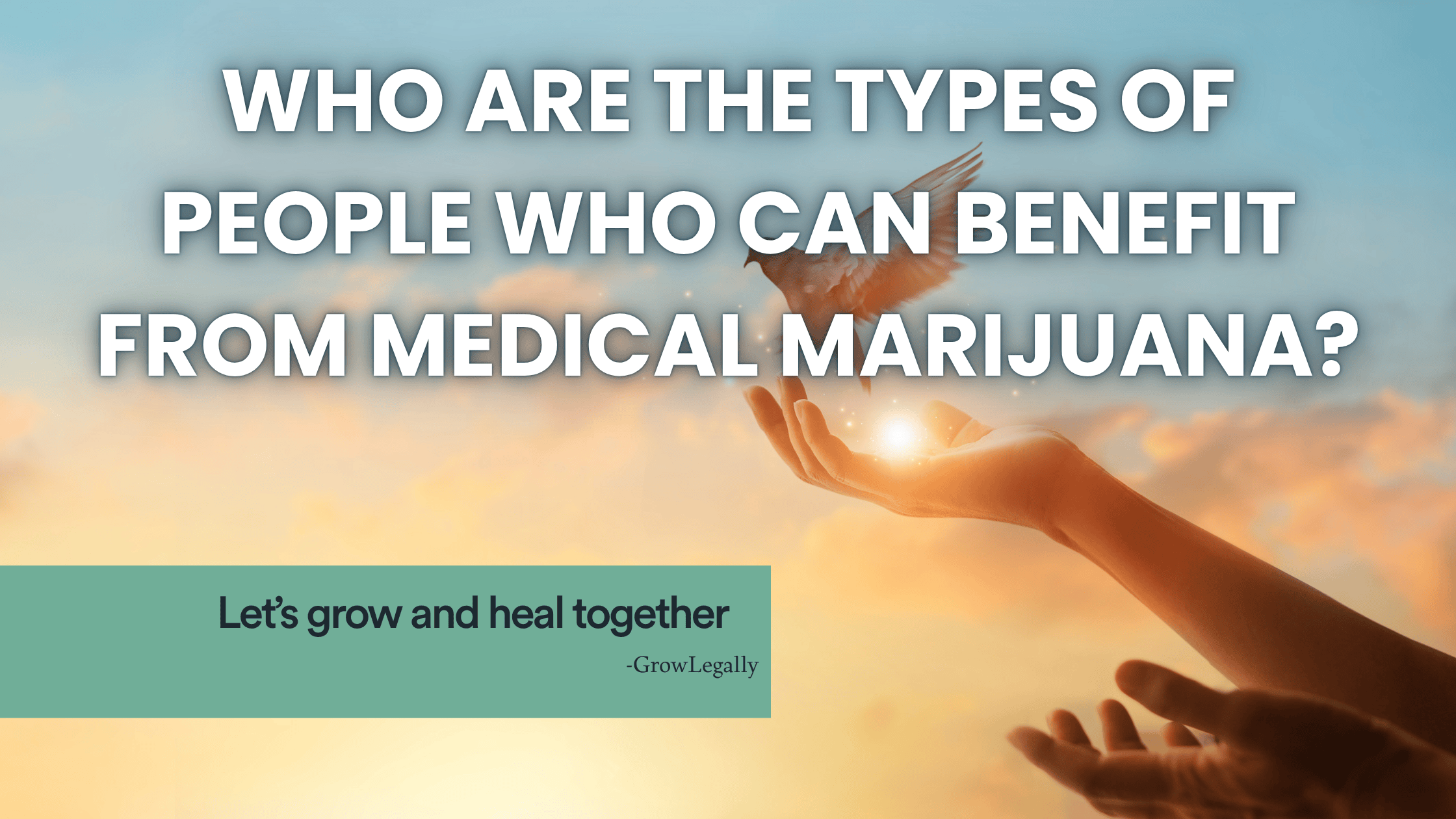
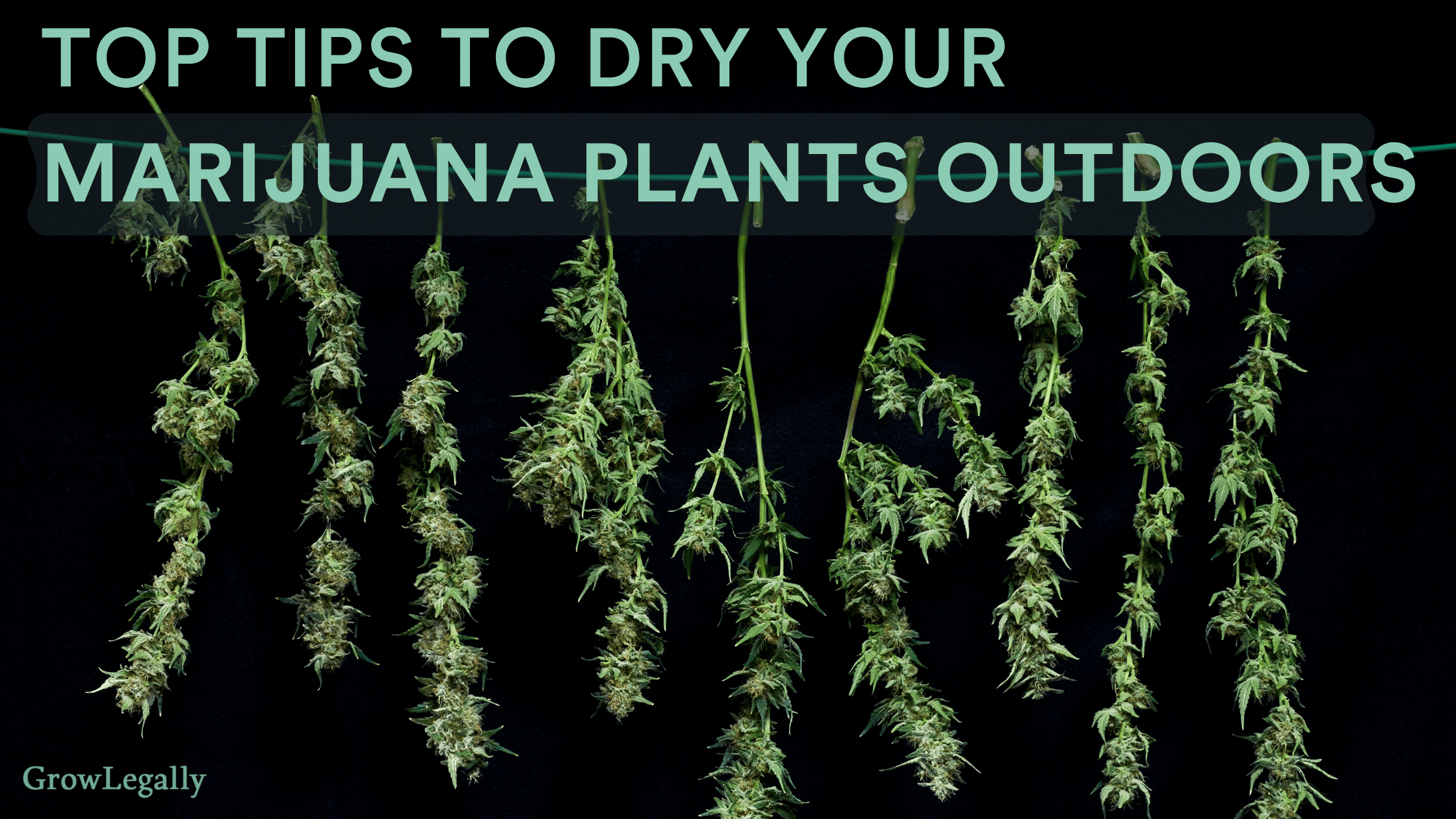
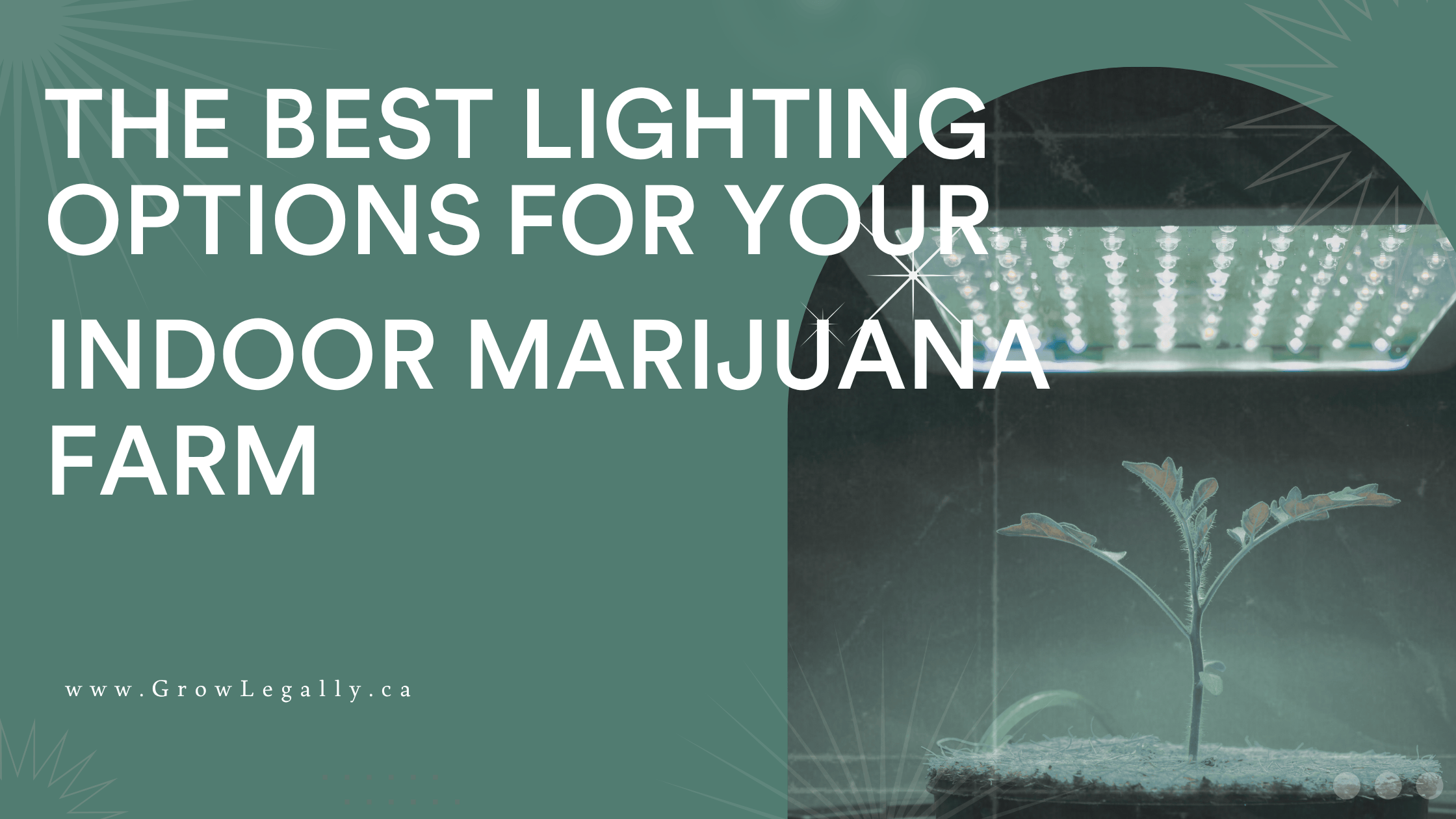
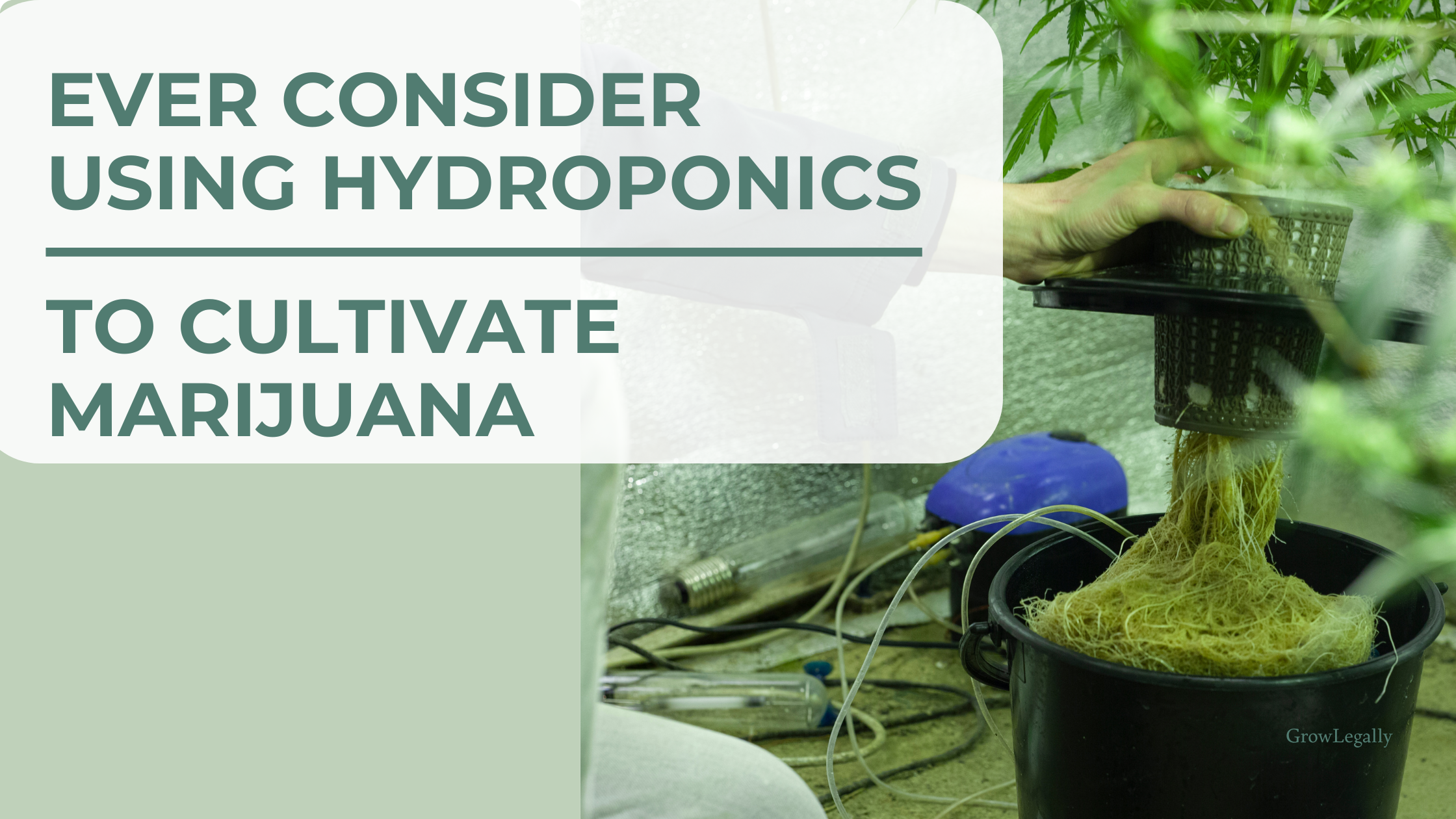
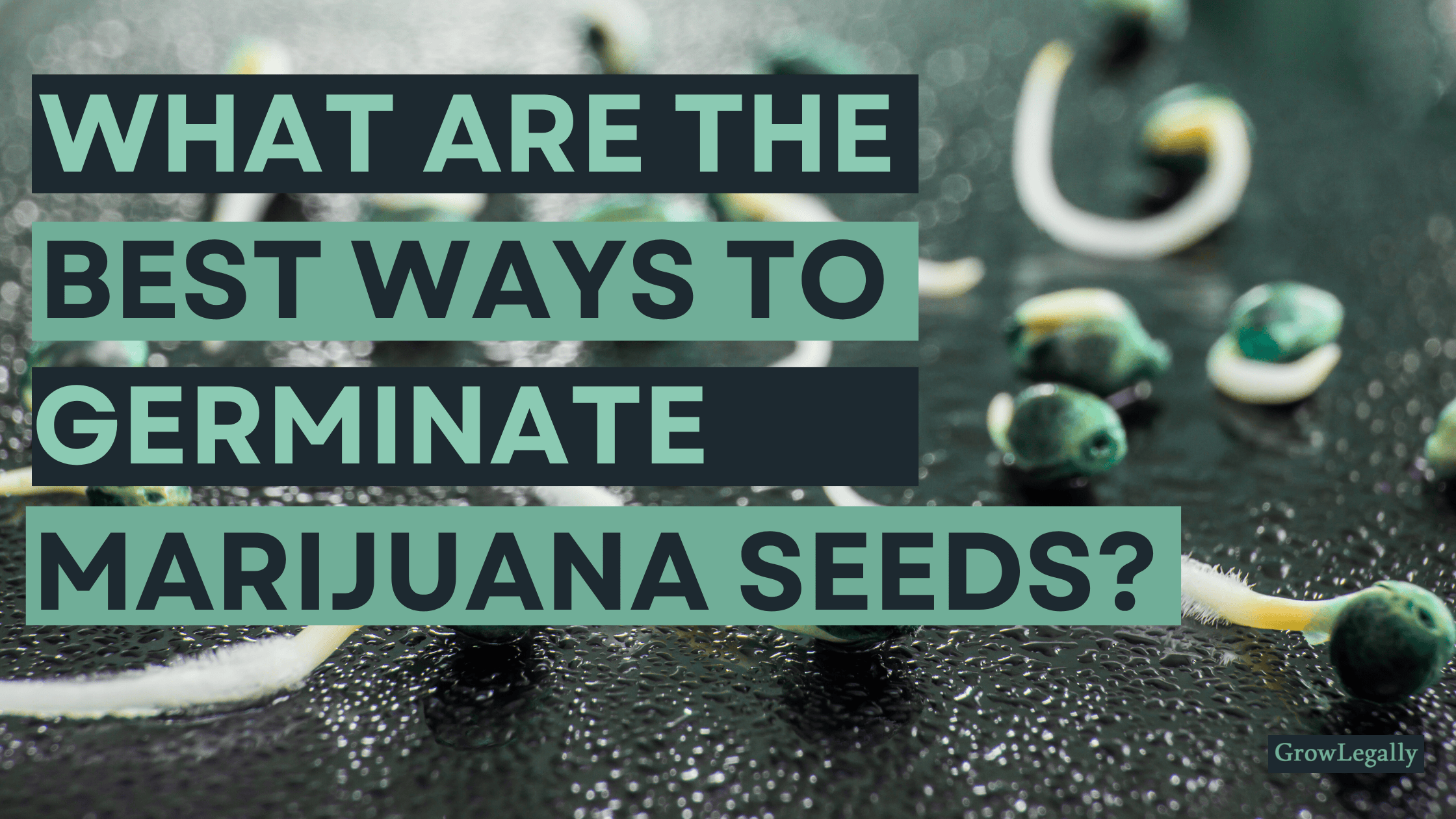
.png)
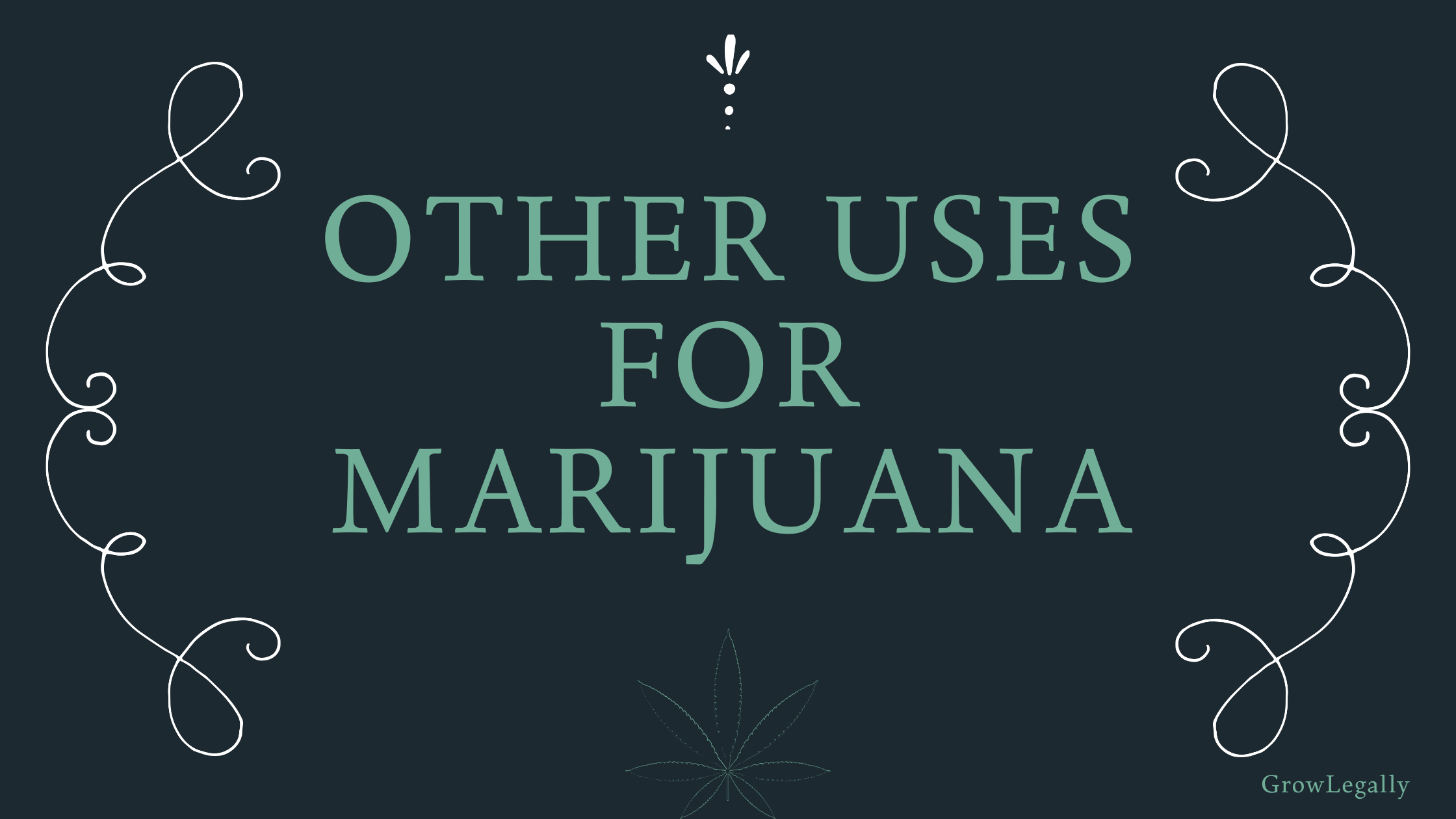


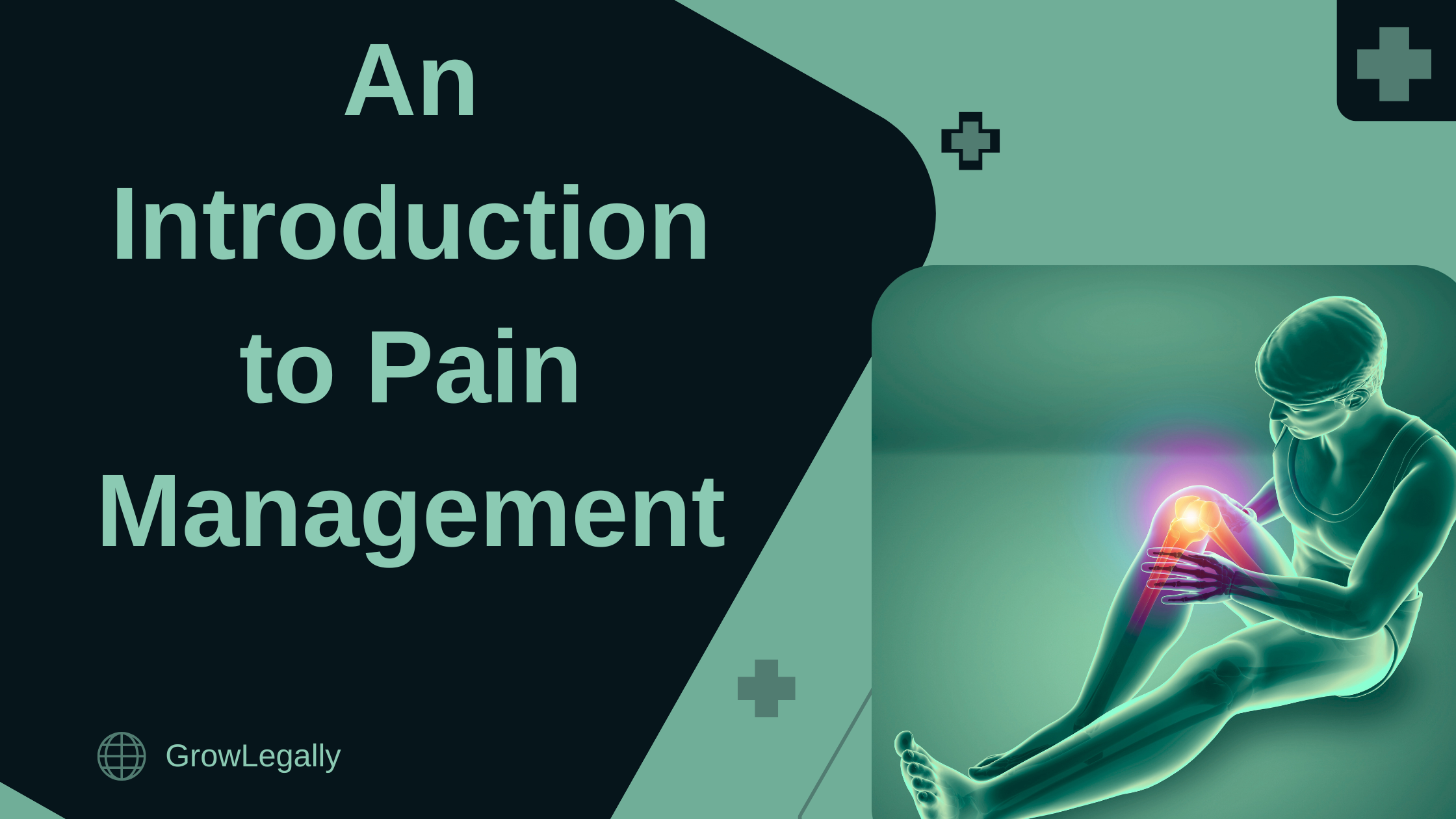

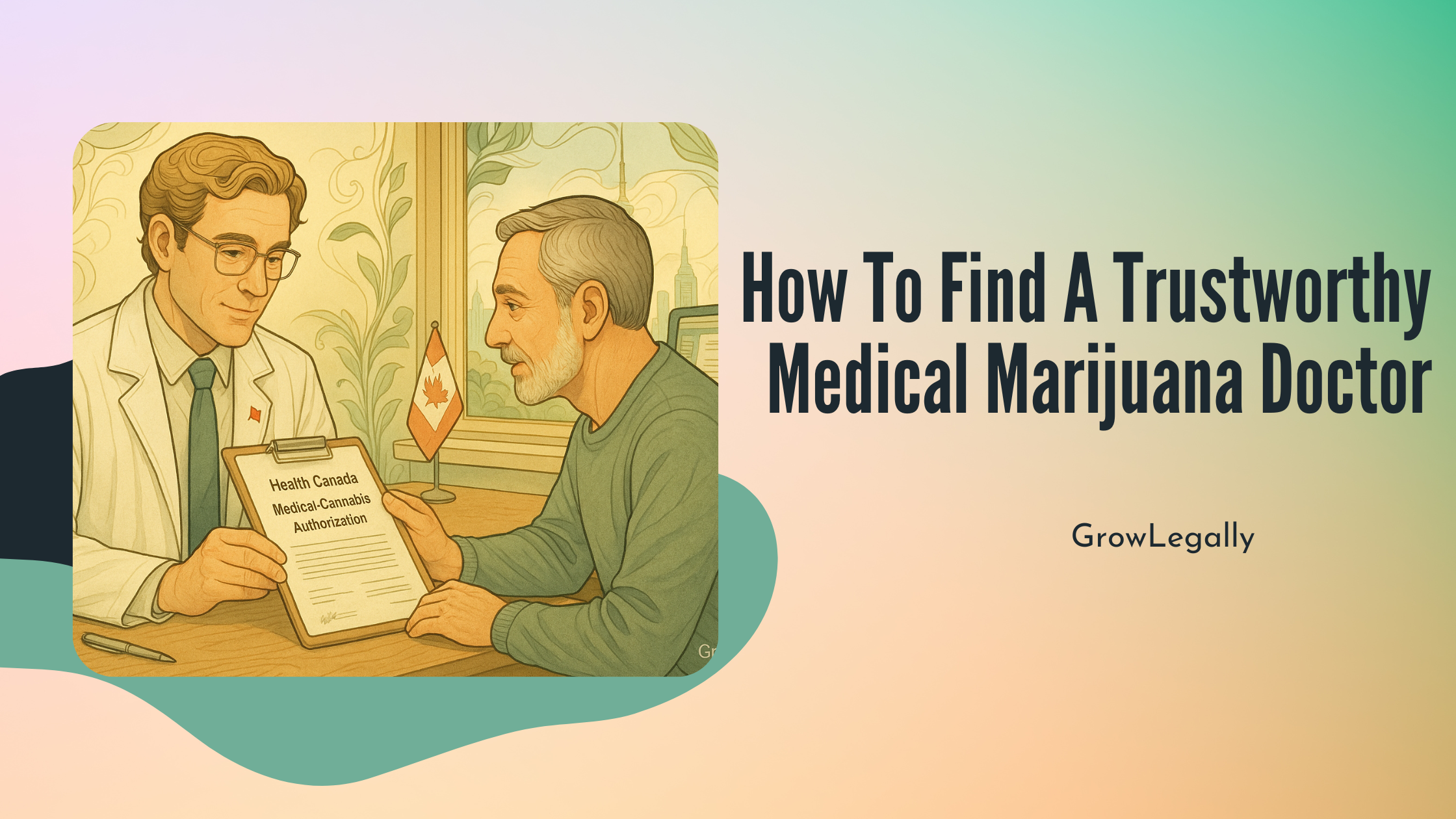

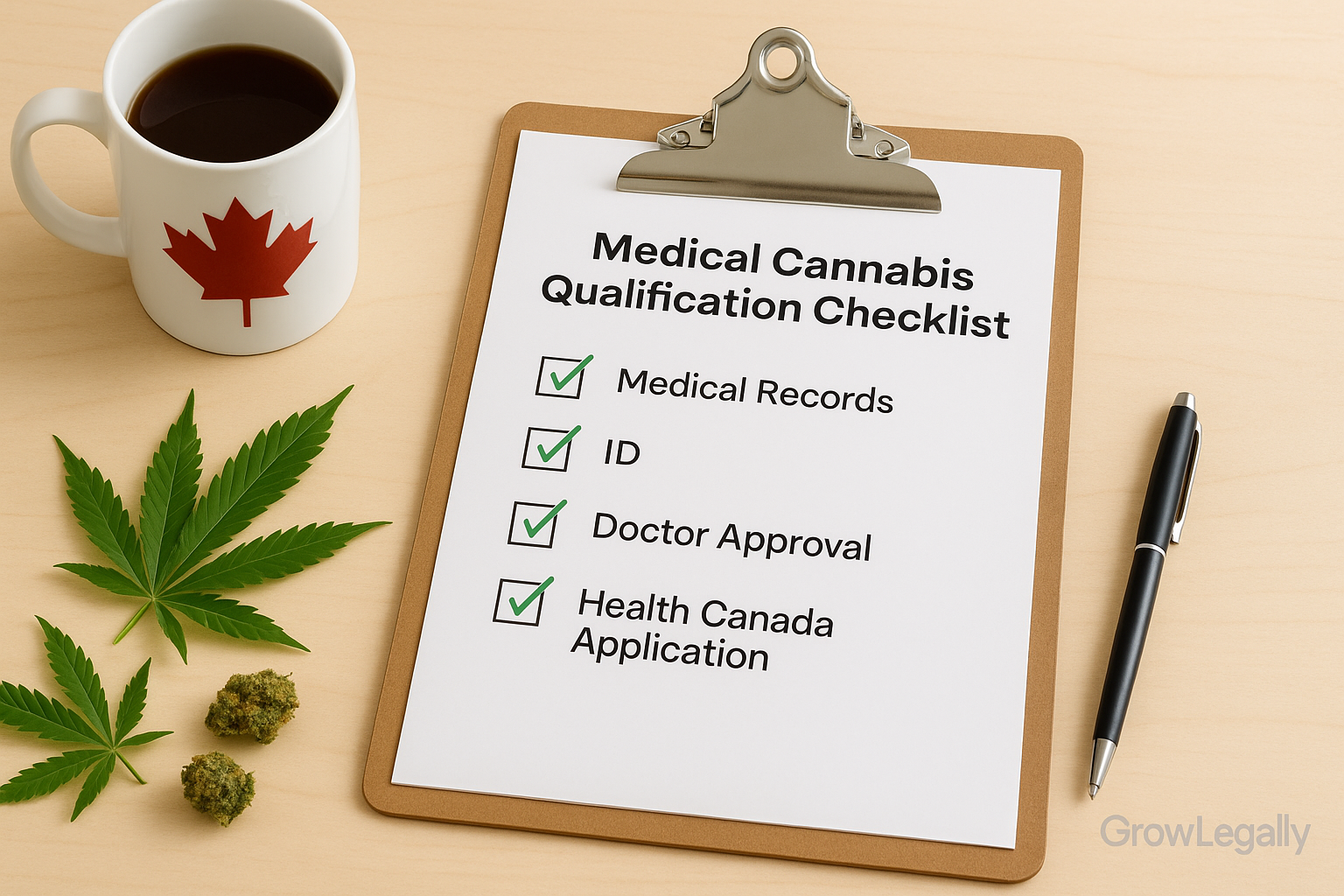
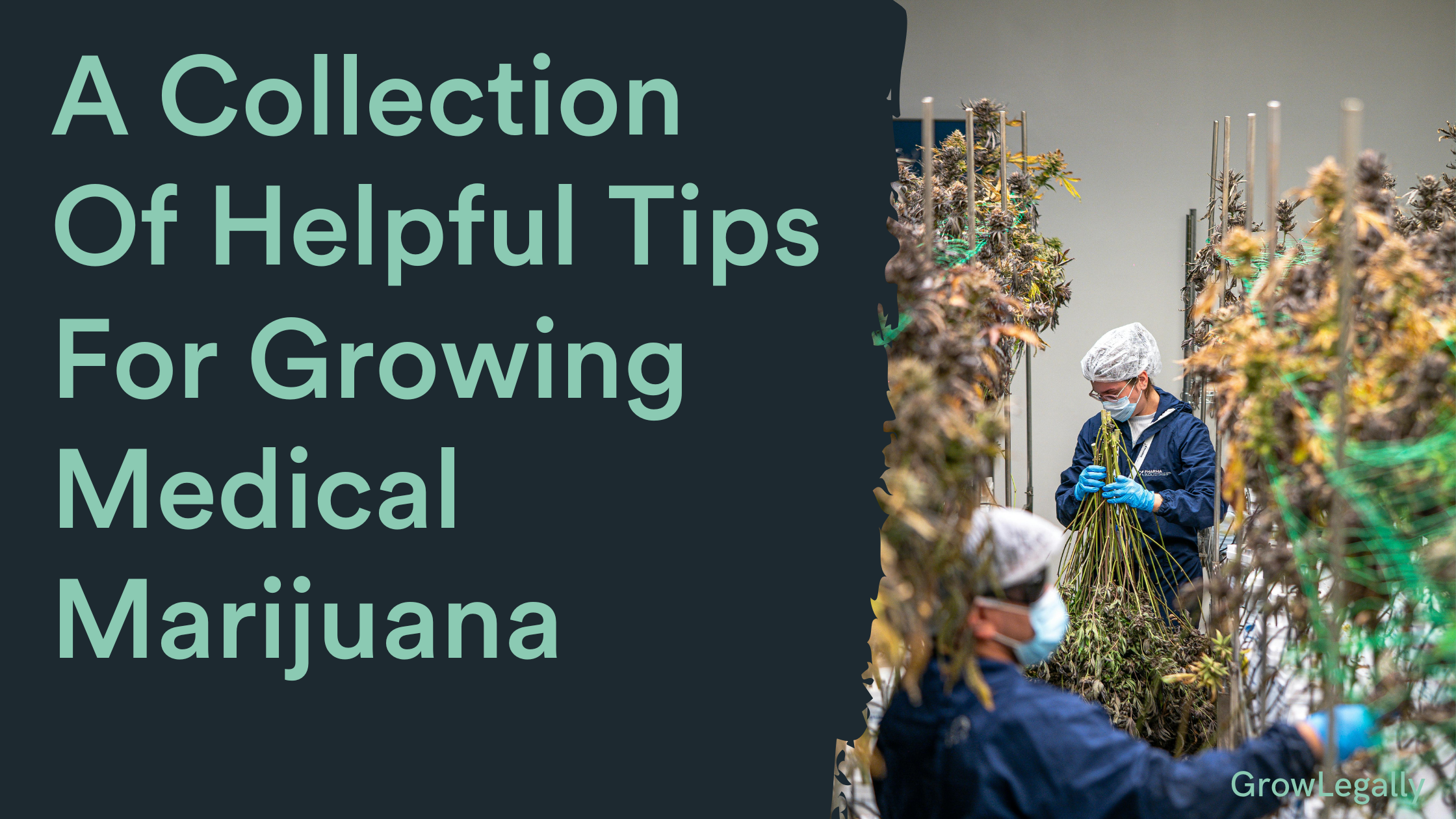
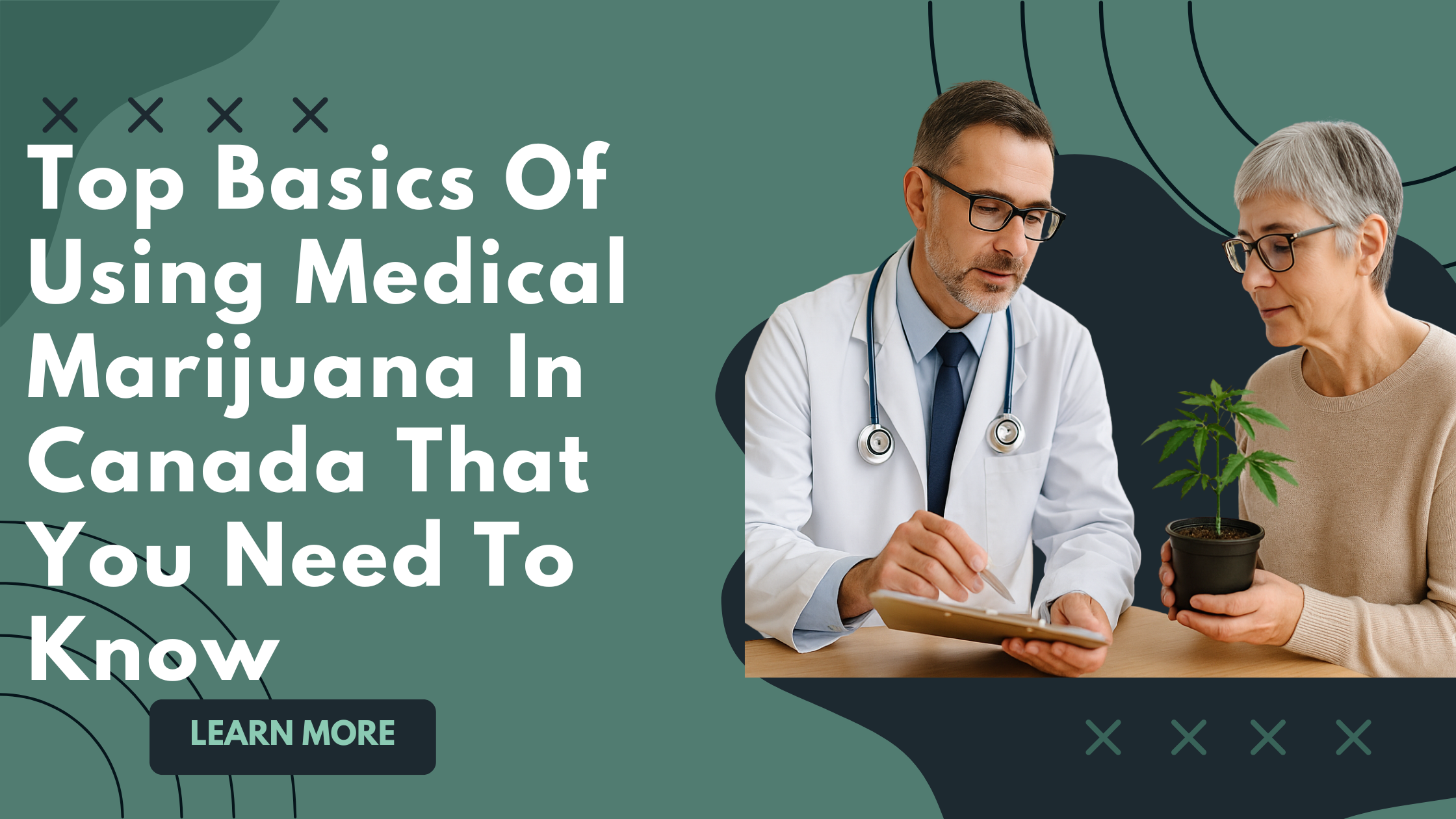
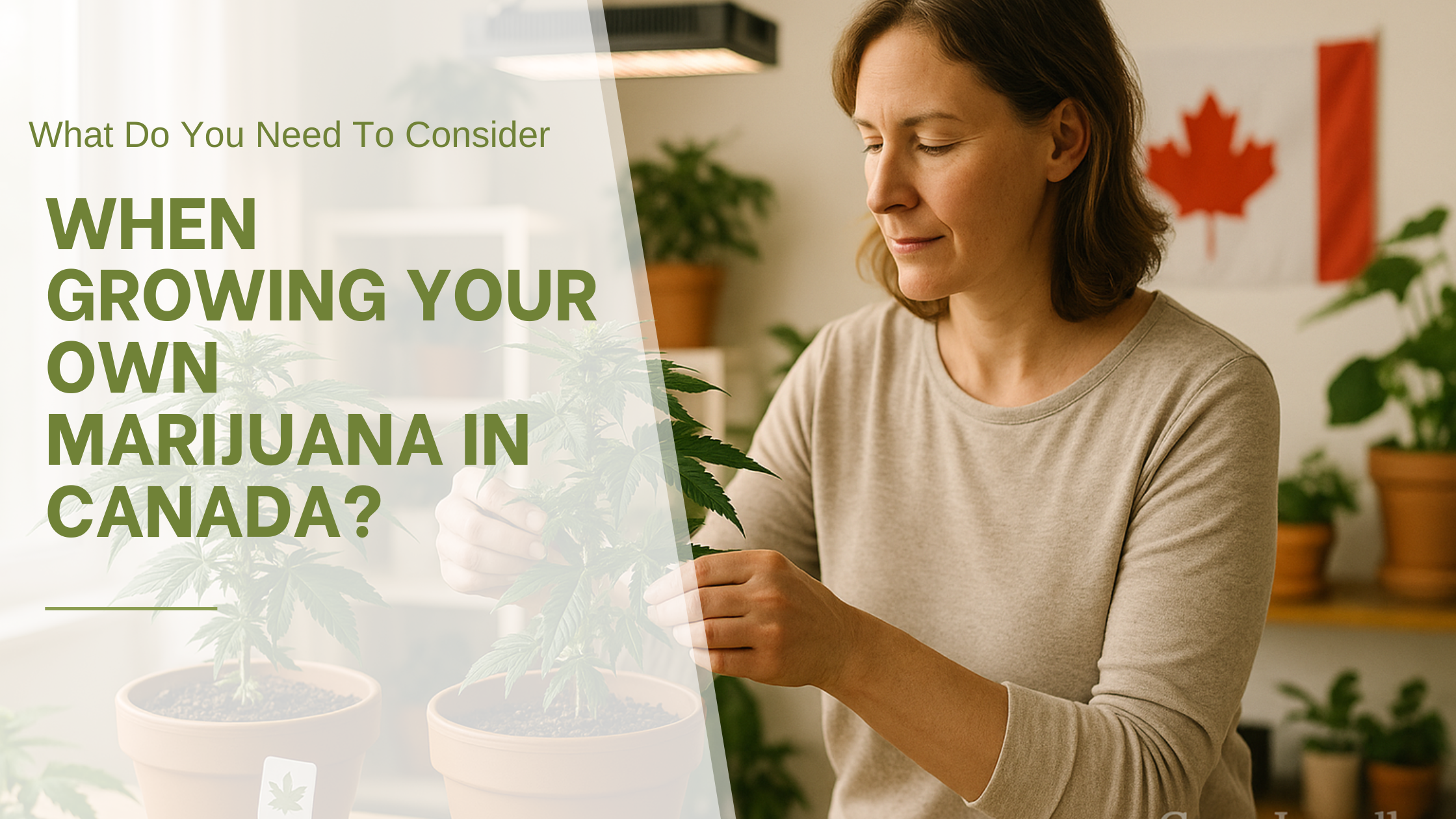


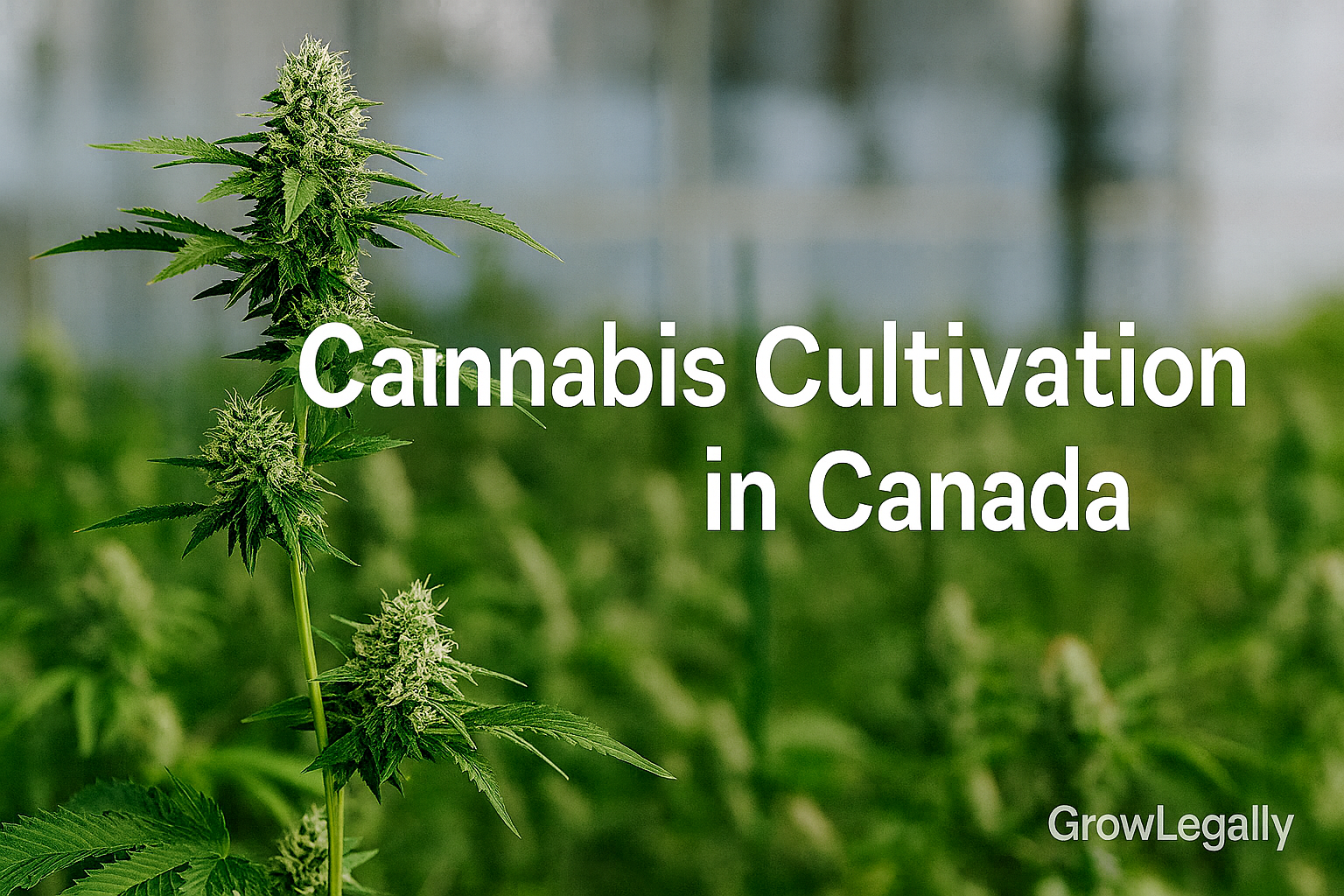
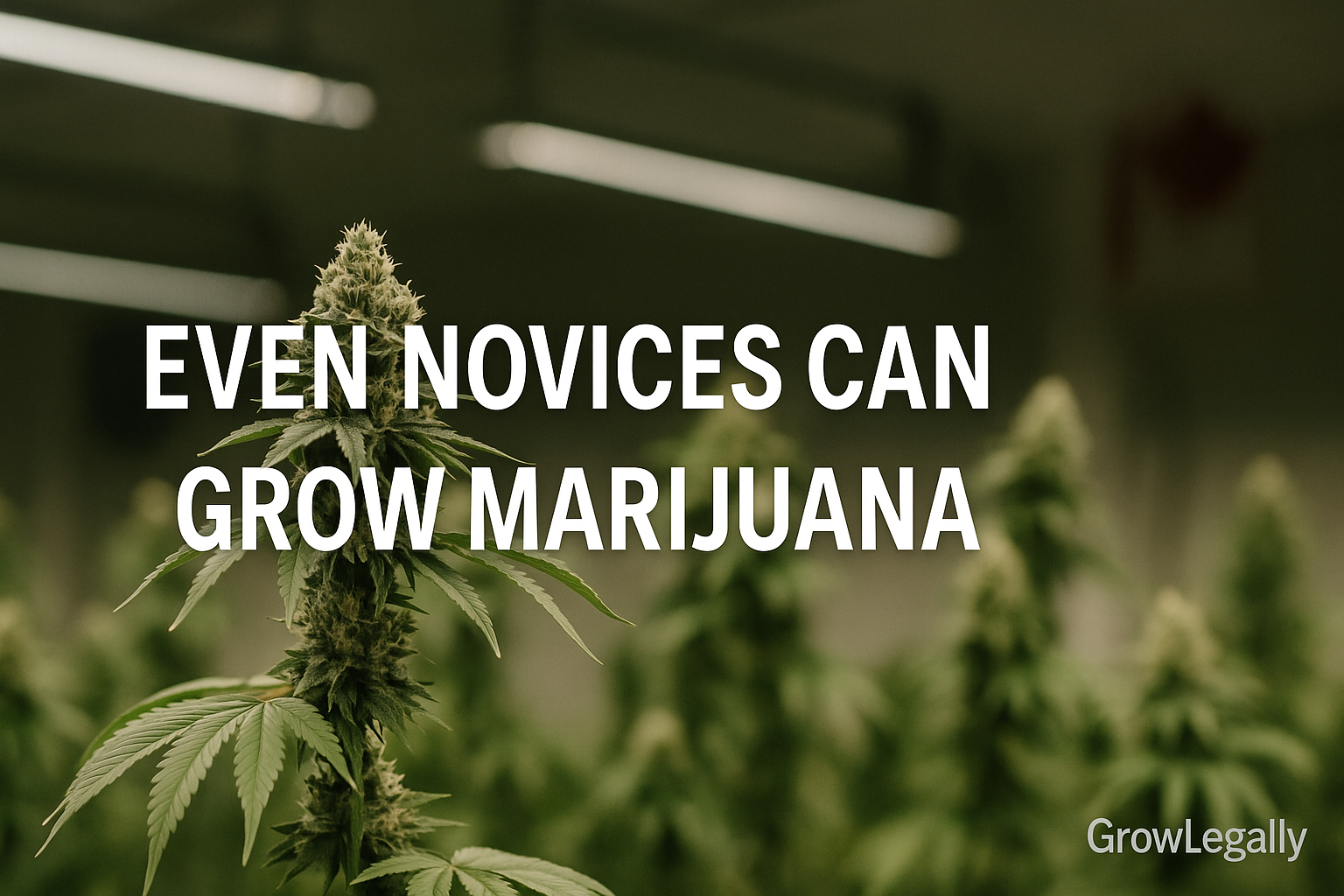




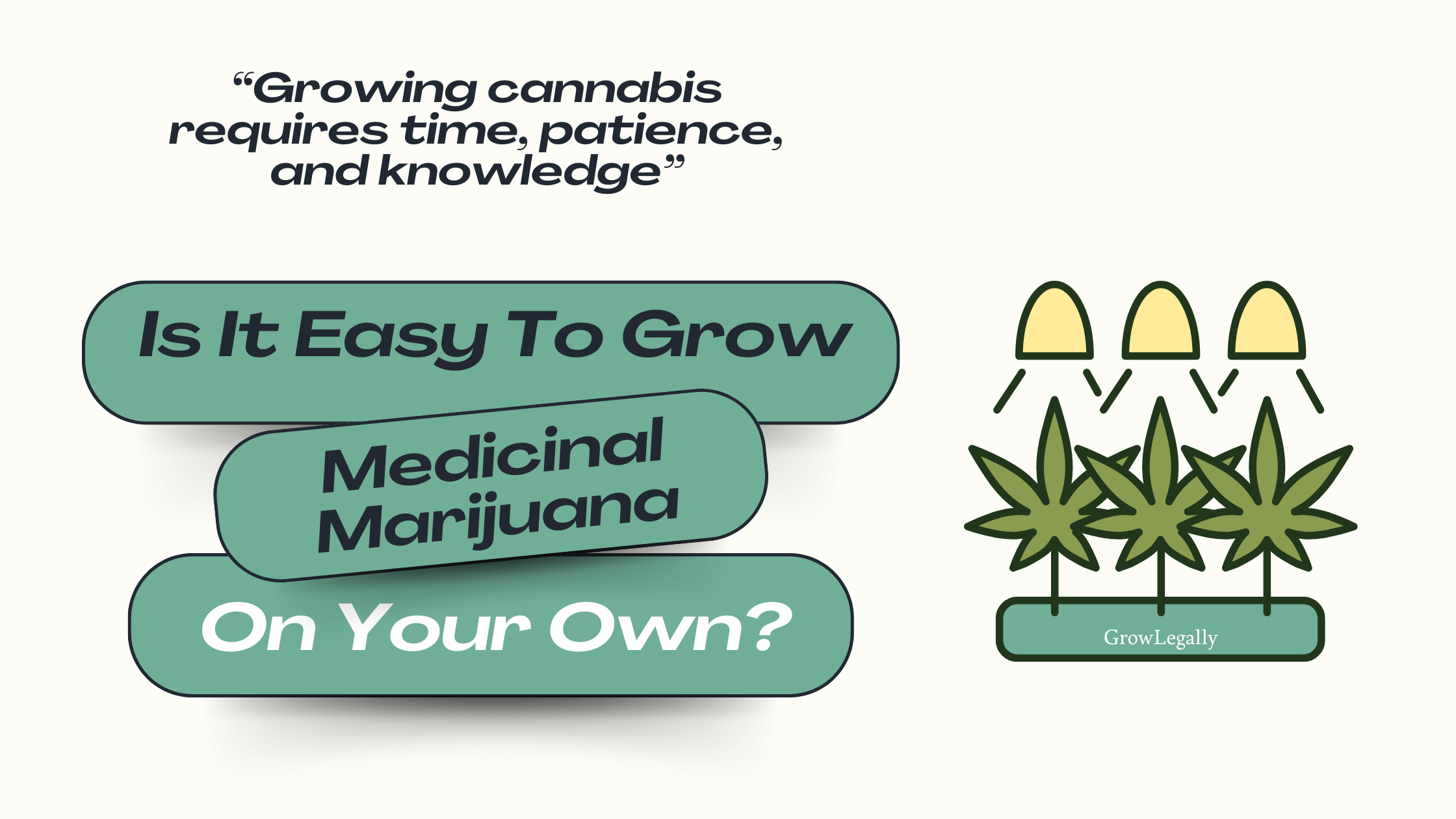
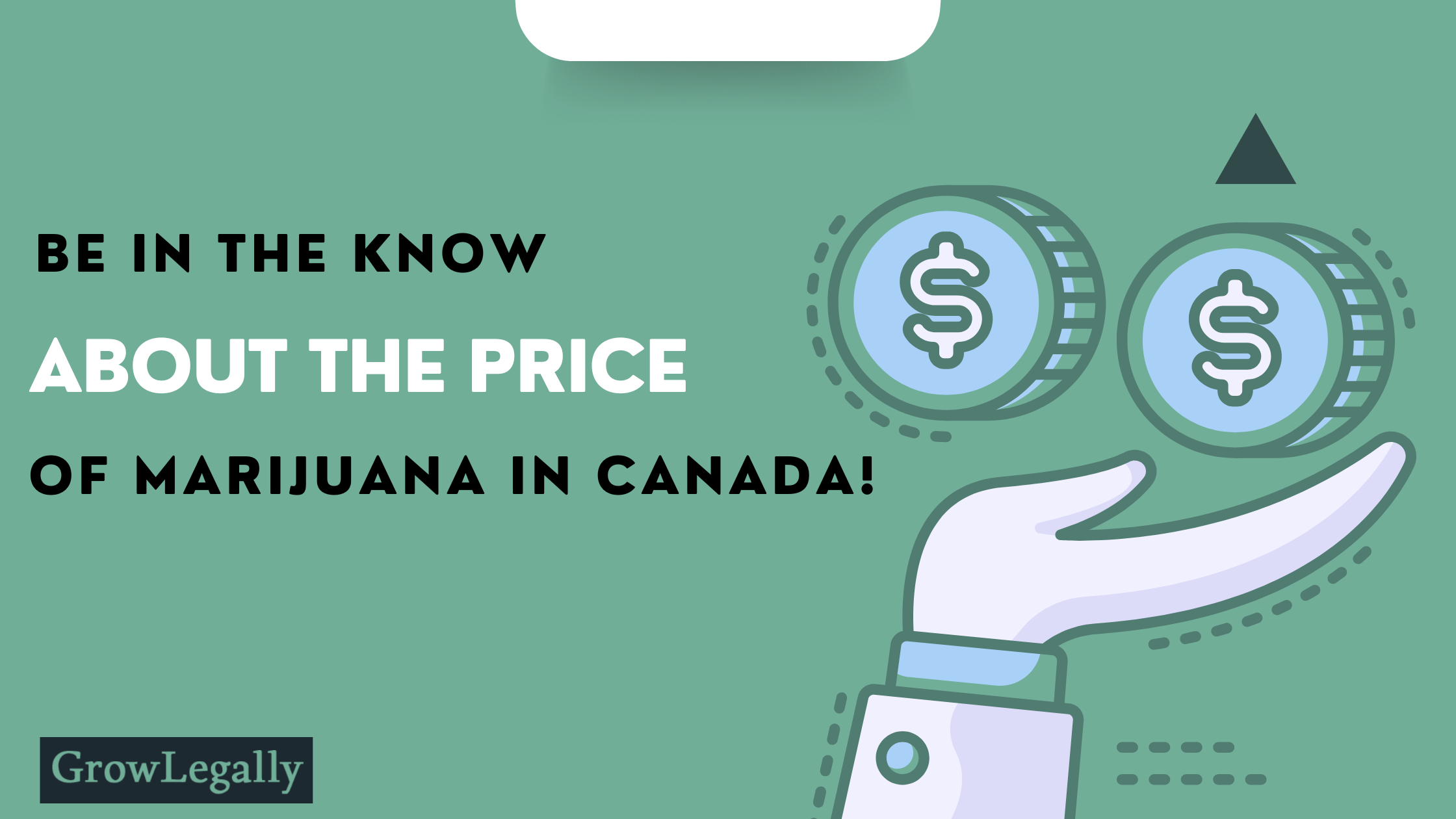





















.png)

















































.png)




























